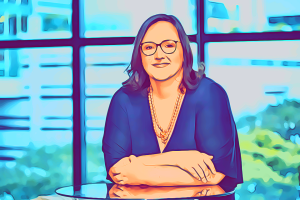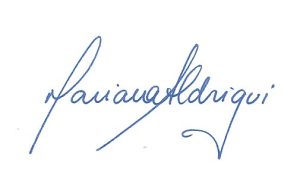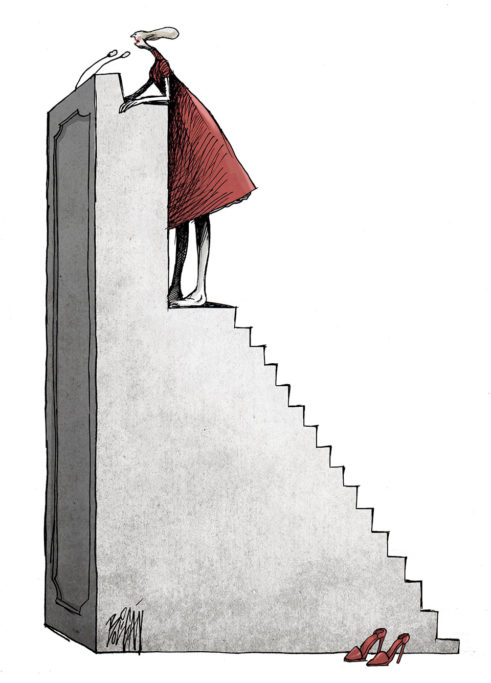118 Letter from Mariana Aldrigui

Dear future women tourism researchers,
I am writing to you from São Paulo, the largest city of sunny Brazil, where, for the past 28 years I have been involved with tourism, first as a student, then as a travel agent, a cruise agent, a hotel assistant manager, and finally as a lecturer and researcher at one of the most prestigious universities in Latin America, the University of São Paulo.
It was easy to fall in love with tourism in the 1990s, as all the activities were blooming around here, and there were plenty of jobs and career paths to follow. Until this day, I can not pick exactly what made me choose this degree among all the options I had in mind in 1993, but I still remember what made me choose to abandon my “professional” career at the hotel management company and shift back to the University in 1999.
Among other things, the department manager made clear that he would not value knowledge or critical thinking, and that it made no difference if we had a tourism degree. In fact, he would rather hire someone with no degree at all, so it would be cheaper and easy to mold them. From that day, I noticed that several hotel managers, and many travel managers, shared the same distorted views of tourism students, and it made me feel uncomfortable. A few months after that, I applied to the MSc program in Tourism, trying to understand how this reality could be changed.
The challenge I set for me at that time, almost 20 years ago, is still the same: is it possible to build different bridges between the university and the companies in need of talent, by adapting the way we communicate, and the way we present ourselves. To do so requires leaving the office, talking to people, attending conferences, and abandoning a comfortable and safe position provided by traditional university life.
While a close contact with the tourism sector, both public and private, has allowed me to have a deeper understanding, and bring fresh insights into the classroom, it also made me a critic of the local tourism curriculum, pointing out that it is outdated and unappealing. As you may guess, being a vocal female critic, many academic doors were shut however many other opportunities came to light, allowing me to build even more bridges, including this one with you.
Although my experience is mostly defined by the country I live in, and the male dominant culture that is still in place around here, I share with you some of the recommendations I wish I had received some years ago:
- Read, read a lot. Everything. From comic books to the all-time classics. By reading you will at the same time enhance your vocabulary, improve your written text, and create a repertoire that will make a difference later in your life. Make sure you are selecting women writers and researchers from different backgrounds.
- Walk around, observe, interact. There is so much to be learned from human contact, and our industry is totally based on these interactions. Remember – some of the most amazing ideas come exactly when we dedicate time to freely observe what is around us.
- Connect, and be always kind to those you connect with. Through different connections, you will have the chance to understand different realities, to learn new things and to be inspired by others. Get to know people and their trajectories.
- Share. Share what you have learned and be open to other points of view. Accept that things may be different, or may change, and be open to reconsider your own views and beliefs.
- Be brave to find (or build) different pathways. You do not have to reinvent the wheel, but as a researcher, you are entitled to question again and again, and try new approaches.
Finally, be true to yourself. Do not allow someone else’s view of the world define what is your success.
With all my love and admiration,

Mariana Aldrigui
University of Sao Paulo, Brazil


